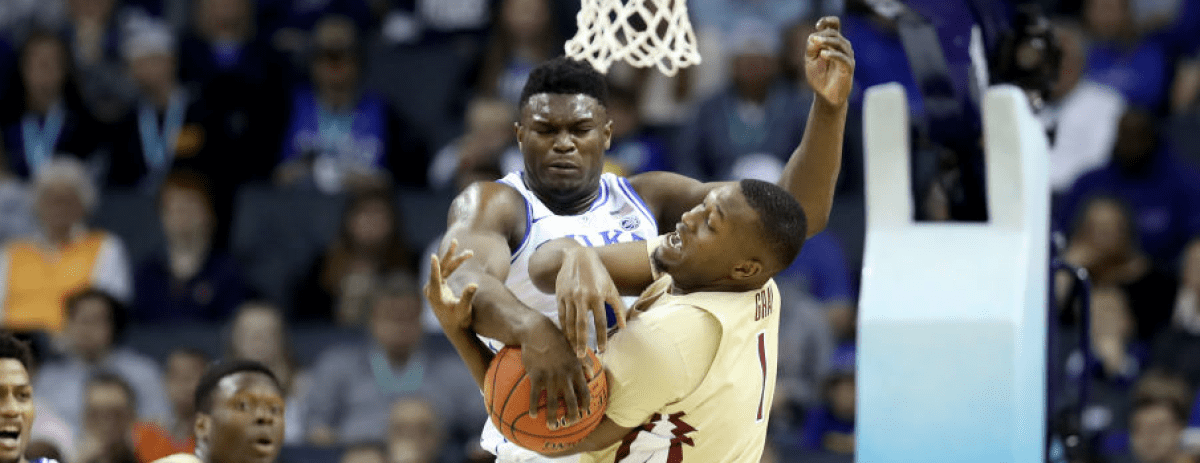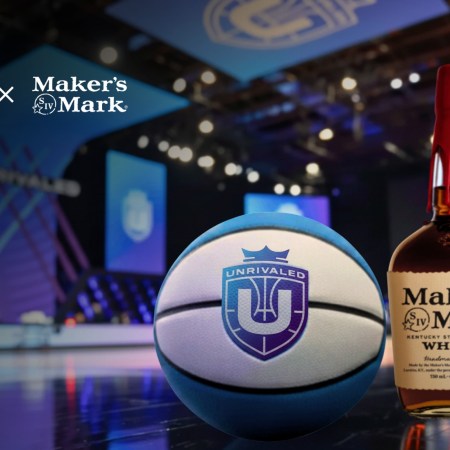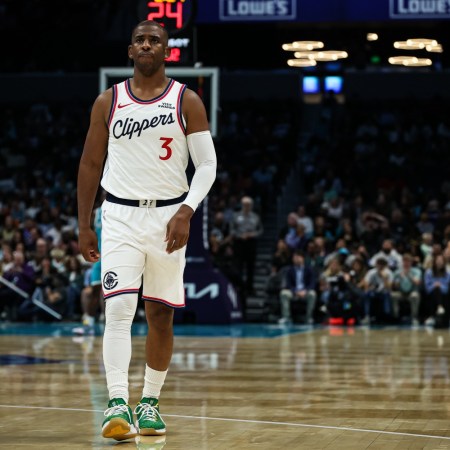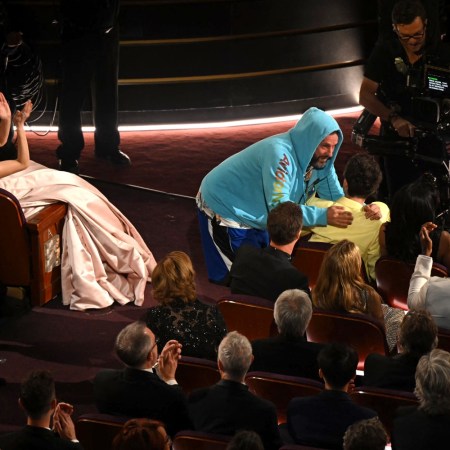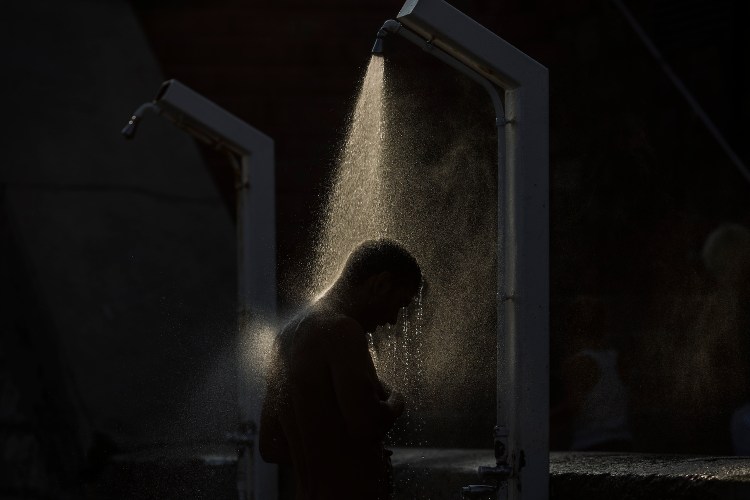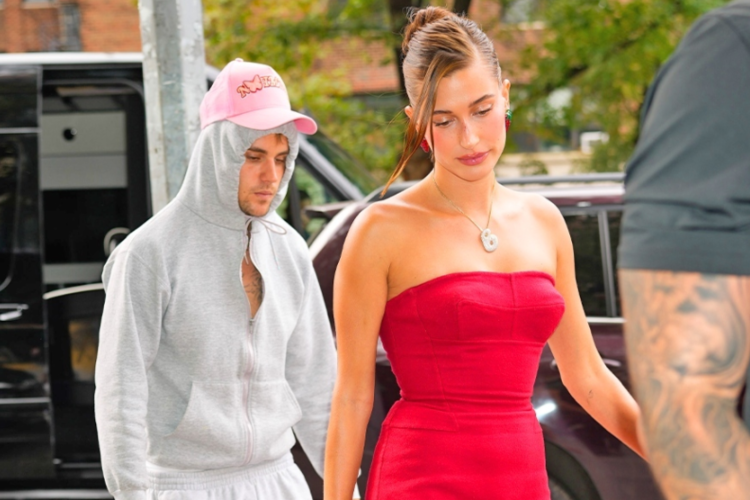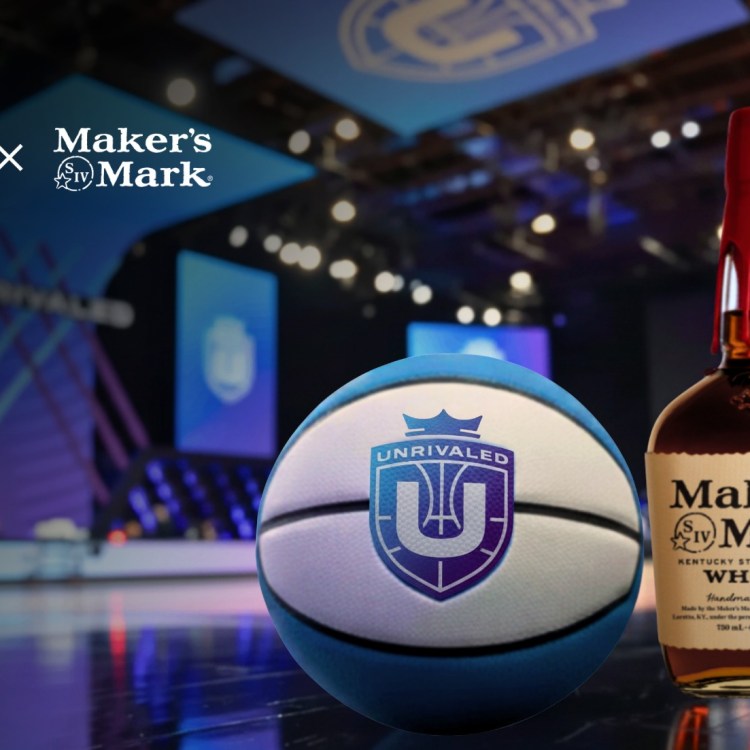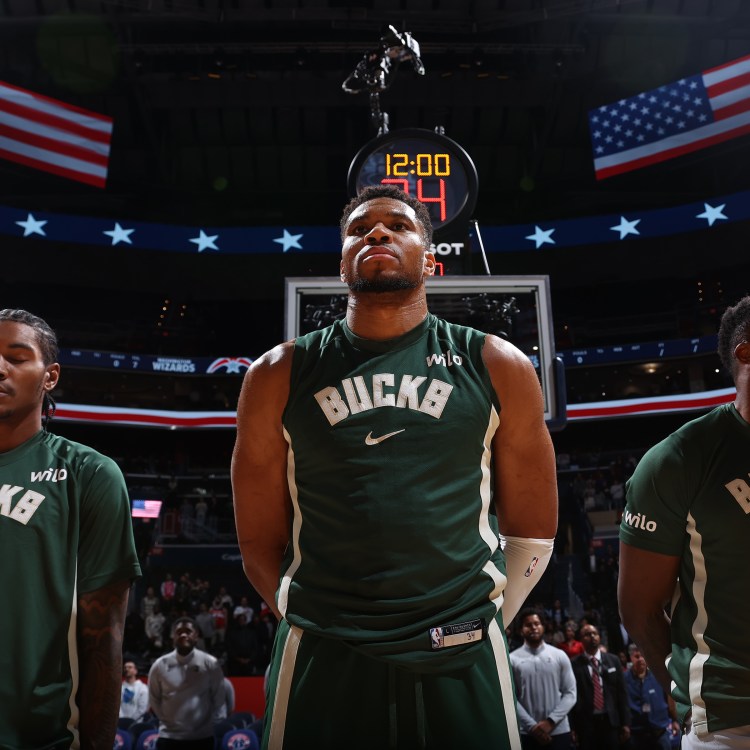Now that the Big Dance is finally here, it’s time to figure out who is going to be this year’s Cinderella.
Last year, with Sister Jean rooting them on, the Loyola-Chicago Ramblers made it all the way to the Final Four in San Antonio before being bounced by the Michigan Wolverines.
On the other end of last year’s college hoops spectrum, the top-ranked University of Virginia Cavaliers lost to the 16th-seeded UMBC Retrievers in the first round and became the first No. 1 to fall to a No. 16 in ths history of the tournament.
The good news for the Cavaliers is they have a chance to redeem themselves this year as they are once again entering the tourney as a No. 1 seed, this time against the No. 16 Gardner-Webb Runnin’ Bulldogs.
Will the Cavaliers be able to do it? And who will be this year’s Loyola-Chicago (they failed to qualify for the NCAA tournament this year and will be in the NIT instead)?
To help answer those questions as well as get some pro-level advice to keep your bracket from busting like one of Zion Williamson’s Nikes did last month, we reached out to a couple of experts, pro handicapper Jon Price of Sports Information Traders and Davidson College Professor of Mathematics and Computer Science Tim Chartier.
At Davidson, Chartier runs a sports analytics group called Cats Stats (Davidson’s sports teams are the Wildcats) that has done work for teams in the NBA, NFL, and NASCAR as well as the U.S. Olympic Committee.
Now composed of Chartier as well as more than 70 students from various majors within the college -including junior communication studies major and data science minor Daniel Bunson – Cats Stats also works with men’s and women’s basketball, women’s soccer, baseball, football, swimming, and volleyball at Davidson.
Price, an NYU grad with a degree in mathematics, has plenty of basketball bona fides as well and has already won six figures betting on Duke and UNC this season.
Here’s what Price and Chartier had to say.
Is there one conference which you think has produced a better stable of teams this year?
Price: “I’m a big ACC basketball fan when it comes to March Madness. Really believe in the Duke story with their All-Star coming back and being healthy. After Zion Williamson came out and said ‘killers kill,’ I think we all have something to be afraid of if we’re facing off against Coach K and the Blue Devils in any round of the tournament. UNC is another favorite of mine. The other conference I like that has some magnitude is the Big East.”
Chartier. “Using our Massey rankings, a linear rankings system that integrates the scores of the games, we can see that the ACC has six teams ranked in the top 15 compared to the Big Ten’s four teams. The Big 12 actually only has one team ranked in the top 15—Texas Tech who comes in 9th in the rankings—while the SEC has three teams ranked in the top 15. Thus, it appears that teams from the ACC, Big Ten, and SEC have the greatest chance of going furthest in the Tournament this year, though we shouldn’t ignore the Big 12’s chances as well.”
How much stock do you put into how a team fared last year/how much experience they have?
Chartier: “While having experience can help a team, there does not appear to be a huge advantage. KenPom, a popular college basketball statistics website created by Ken Pomeroy, has experience and minutes continuity rankings for every team going back to 2008. Experience is simply the average years of experience that the players on the roster have accrued, while minutes continuity describes the percentage of minutes played by the same players from one year to the next. For example, this year’s Duke team has a minutes continuity of 21.8%. This stat means that 21.8% of Duke’s minutes were played by the same players between this season and last season. Looking at the championship teams from 2008-2018, experience does not appear to be a huge factor. The most experienced winning team was Kansas in 2008—they ranked 53rd in experience and 7th in minutes continuity that year. However, many teams have actually ranked near the bottom of both statistics. UConn’s 2011 team ranked 332nd in experience and 247th in minutes continuity, Kentucky’s 2012 team ranked 340th in experience and 216th in minutes continuity, and Duke’s 2015 team ranked 331st in experience and 266th in minutes continuity. Especially with all the roster turnover these days, these numbers show that the makeup of championship team rosters varies significantly. As a result, you shouldn’t worry too much about picking Kentucky—ranked 351st in experience and 324th in minutes continuity—or Duke—ranked 347th in experience and 327th in minutes continuity—to win your bracket this year.”
Price: “I put stock into things such as the coach, the returning players from last year, and injuries going into the tournament. Florida Gulf Coast University hasn’t gone on a big run since their Cinderella year (2013) and, statistically, we have compiled data on the results when new players and coaches are involved and found that their previous results are insignificant.”
Can Virginia shake off their historic exit last year?
Price: “Yes they can, but they played sloppy in the ACC Tournament so I don’t expect them to go past the Sweet 16 in a best-case scenario.”
Chartier: “Since there is no historic precedent for a 1 seed losing in the first round, we can look at the results of 2 seeds who lost in the first round. Two seeds are 128-8 all-time in the first round, resulting in a 94.1% win percentage. This type of upset is the closest one can find to a 1 seed losing in the first round (99.3% win percentage). Of these eight instances, five of the teams made it to the NCAA Tournament the following year. This year, Virginia has received another 1 seed in the Tournament. Thus, we should only look at the instances where teams received a high seed the following year—these serve as more reasonable comparisons. This leaves us with two comparable situations to this year’s Virginia team: 1997-1998 South Carolina and 2012-2013 Duke. After losing to Coppin State in the first round of the 1997 Tournament, South Carolina received a 3 seed the following year. However, they lost again in the first round—this time to Richmond. Duke’s 2012-2013 results paint a more hopeful picture for this year’s Virginia team. After losing to 15-seed Lehigh in 2012, Duke again received a 2 seed in 2013. That year, they would advance to the Elite Eight before losing to 1-seed Louisville. We will soon see whether this year’s Virginia team stacks up closer to 1998 South Carolina or 2013 Duke.”
Regardless of the matchup, are there any teams you favor?
Chartier: “Our Massey model favors Duke as the best team out there, followed closely behind by Gonzaga and Virginia. If you had to pick a team to win regardless of the matchup, you could do worse than picking one of those three. Some teams that our model favors higher than their overall bracket seed are Florida (seed 40; Massey 28), Louisville (seed 25; Massey 14), Auburn (seed 18; Massey 11), and Iowa State (seed 24; Massey 17).”
Price: “The data and my heart says Duke. This is why I bet so heavily on Bill Belichick. It’s all about the coaching experience in a big game and when the pressure is on.”
Regardless of the matchup, are there any teams you don’t like to advance?
Price: “Houston Cougars have only had 2 losses but came up short against Cincinnati. Watch for them to disappoint.”
Chartier: “Aside from the lower seeded teams, who are unlikely to advance in any tournament, here are some higher-seeded teams with greater expectations that don’t stack up as well against our model: Kansas State (seed 15; Massey 27), Villanova (seed 21; Massey 30), LSU (seed 11; Massey 19), and Houston (seed 9; Massey 16).”
In a close matchup, what’s the statistic you use to help predict one team over another?
Chartier: “When the matchup is close, there really isn’t one statistic that you can use to predict one team over another. A lot of times, it depends on the specific matchup between the two teams and their playing style. Since there are a lot of these types of matchups in the later rounds of the Tournament, these rounds get very tricky to predict.”
Price: “If you can use in-game betting then this is a huge advantage for a sports gambler. Use close matchups and look for teams going on a run who are down but are favored to win outright. There are quite a few of these opportunities. Michigan vs. Michigan State on Selection Sunday was a perfect example of this. They were down going into halftime but rallied and won outright. Michigan was getting 1.5 points but the stronger play was to bet heavy on Michigan State and this paid off dividends for sharps like me. There will be plenty of betting opportunities like this coming up.”
Anything else that jumps out at you about this year’s tourney?
Price: “The Auburn Tigers are on a very impressive run and dominated start to finish to win the SEC tournament. I like them to beat New Mexico State and will put up a good fight against Kansas after they knock off Northeastern in a competitive game. Most of the predictions I judge by how a team performs the round, before but one thing I’m sure of that’s no No. 1 seed is going to lose in round one this year.”
Chartier: “Currently, UNC has the toughest path to get to the Final Four although none of the 1 seeds are looking as vulnerable as some years. If you want a number 2 seed, Michigan State comes up strong in a number of the rankings. We’ve been using decision trees via JMP software for a new type of analysis. Wofford is 24-1 when they score at least 70 points while Seton Hall’s opponents have averaged 71.5 points per game. If Wofford beats Seton Hall, Kentucky is 213th in the country in defending the 3-pointer. Wofford is 2nd in the country in 3-point shooting.”
The Charge will help you move better, think clearer and stay in the game longer. Subscribe to our wellness newsletter today.
